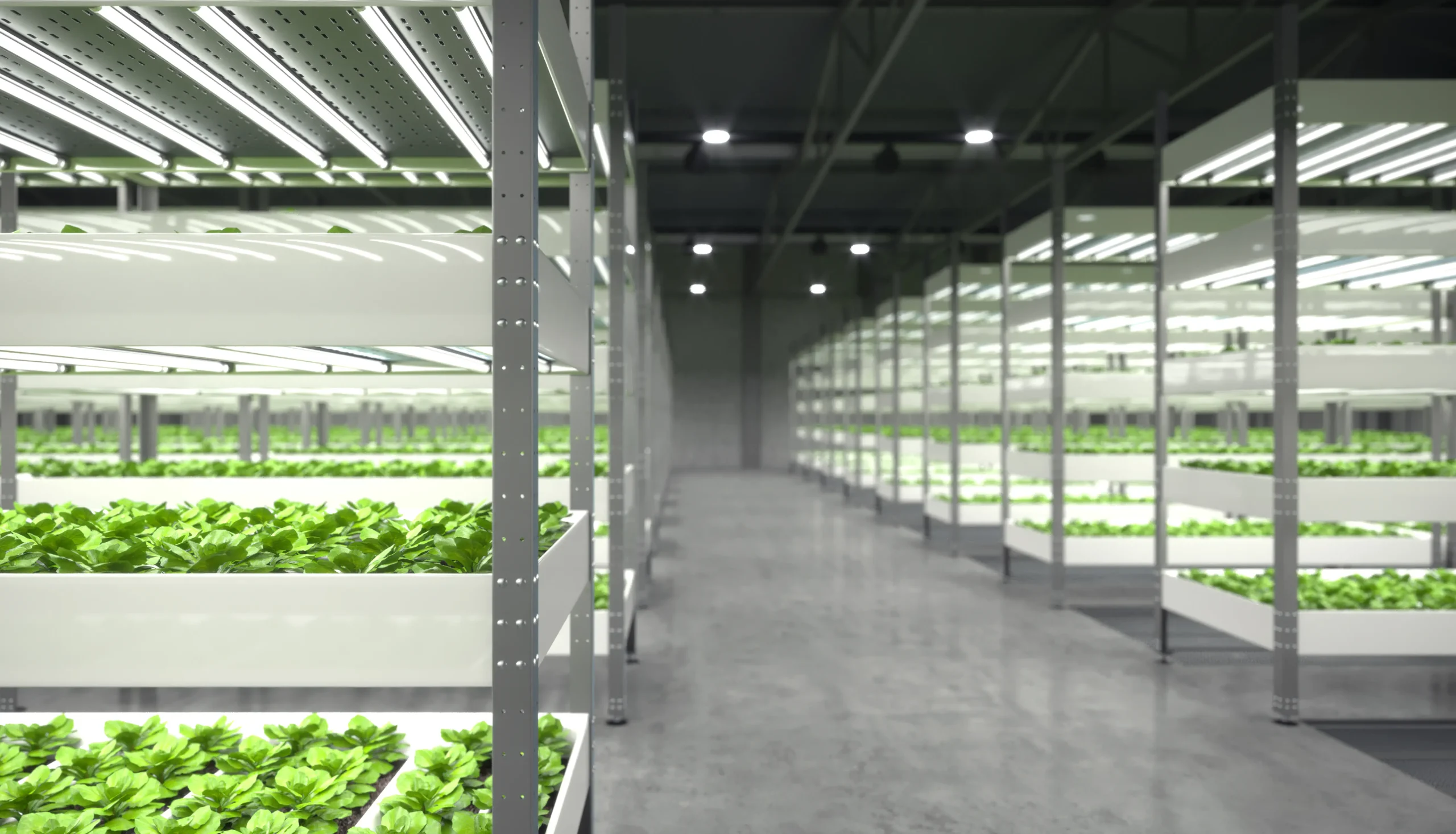Researchers want producers to plant more peas
Introduction
In the pursuit of sustainable agriculture and climate-conscious farming practices, researchers are calling for a reevaluation of one humble crop: peas. Often overlooked, peas have the potential to revolutionize the agricultural landscape due to their low carbon footprint, high protein content, and unique ability to fix nitrogen. In a groundbreaking effort, scientists from the University of Calgary and the National Research Council of Canada, along with several partners, are embarking on a mission known as the "Researchers' Plea for Increased Pea Planting" or the PeaCE project.
Peas: A Green Crop with a Low Carbon Footprint
Peas belong to the legume family and stand out for their remarkable ability to reduce the carbon footprint of agriculture. One of the primary contributors to greenhouse gas emissions in agriculture is nitrous oxide from nitrogen fertilizers, which is a staggering 300 times more potent than carbon dioxide in trapping heat. However, peas require minimal external nitrogen, making them exceptionally climate-efficient.
The Challenge of Root Rot and Drought
Despite their environmental advantages, peas have faced significant challenges in the form of root rot, a persistent disease that can infect the soil for years, and vulnerability to drought. These challenges have deterred many producers from planting peas, limiting their cultivation.
The Research Initiative
Enter the Researchers' Plea for Increased Pea Planting project, a four-year research effort led by the University of Calgary and the National Research Council of Canada, in collaboration with various research and agricultural institutions across Western Canada. This initiative seeks to address the issues of root rot and drought tolerance in peas.
Global Collaboration and Genetic Research
One of the most exciting aspects of the Researchers' Plea for Increased Pea Planting project is the global collaboration involved. Researchers are collecting pea germplasm from around the world, with the potential for accessing root rot-resistant varieties from regions like India. These collected samples will undergo rigorous field testing for root rot resistance and drought tolerance.
Funding for Sustainable Agriculture
The Researchers' Plea for Increased Pea Planting project is made possible through funding from Genome Canada, part of its $30 million initiative to drive genomics research and innovation in agriculture. This initiative aims to reduce the carbon footprint of Canada's food production systems, aligning perfectly with the goals of the PeaCE project.
Meeting the Growing Demand for Plant-Based Protein
Aside from their environmental benefits, peas are gaining attention as a valuable source of plant-based protein, especially in regions like the United States where meat prices have surged. The demand for pea protein has risen by a remarkable 64% in recent years, highlighting the growing interest in sustainable and nutritious protein sources.
Conclusion: A Greener Future with Peas
The "Researchers' Plea for Increased Pea Planting" signifies a pivotal moment in the world of agriculture. By addressing the challenges of root rot and drought, researchers are unlocking the potential of peas as a sustainable and climate-efficient crop. This initiative not only benefits farmers but also contributes to reducing greenhouse gas emissions in the agricultural sector. As the PeaCE project progresses, it offers hope for a greener, more sustainable future in agriculture, one pea at a time.

